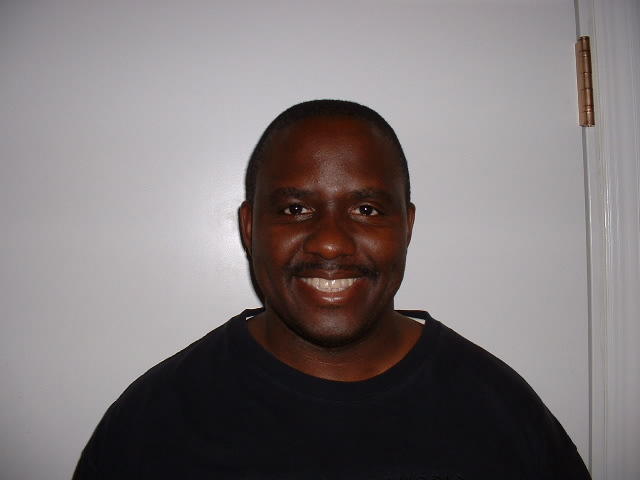In this procedure, the shape of the stomach is surgically changed from being the size and shape of a small pineapple to the size and shape of a banana. The pylorus valve at the outlet of the stomach, remains intact, unlike other forms of gastric bypass surgeries. Because of this, patients who have undergone this procedure do not experience “dumping”, which makes other weight loss surgery patients feel faint and very ill after ingesting sugar or dense, refined carbohydrates. This surgery is increasing in popularity because it allows the patient to eat larger portions of food than patients of other forms of gastric bypass, while still providing excellent weight loss.
Because such a large portion of the stomach is removed, this operation is irreversible. A section of the small intestine is bypassed and rerouted in this procedure as well, which results in significant calorie and fat malapsorption. This provides the weight loss; however the risks of long term nutritional deficiencies are much greater. Nutritional supplements which are advocated by surgeons for BPD/DS patients are:
Multivitamins (usually twice per day)
Iron supplements (usually twice per day)
Calcium (usually twice per day)
ADEKs (fat-soluble vitamins) usually 3 times per day
Pacific Laproscopy and Duodenal Switch Information Zone gives the following statistics for this type of surgery:
Percentage of Excess Weight Loss Expected:
3 months - 29 and 37%
6 months - 51 and 55%
24 months - 80 and 91%
Resolved Medical Co-Morbidities :
97% diabetes resolved
96% high cholesterol resolved
90% sleep apnea resolved
85% hypertension resolved
60% asthma resolved
47% arthritis resolved
The removal of a portion of the stomach in this surgery provides the restrictive component; the patient is just not able to eat as much as he or she could before surgery. The new stomach volume is between one third and one fifth the size of the original stomach. The bypass of the small intestine provides significant malapsorption of the food taken into the body. This surgery is performed by about 50 surgeons worldwide. Of all the bariatric surgery procedures being performed today, this procedure is the most complex. It carries the risk of yielding an unacceptable level of complications in high risk patients, such as those who suffer heart failure and sleep apnea.
Subscribe to:
Post Comments (Atom)






No comments:
Post a Comment